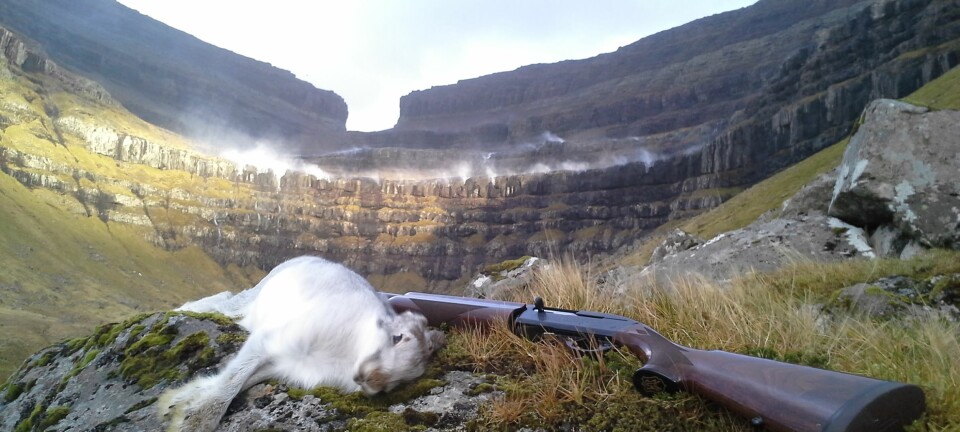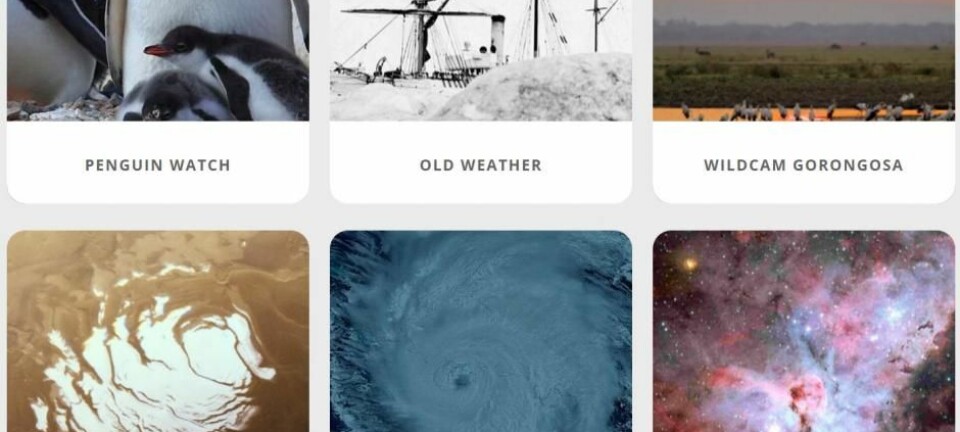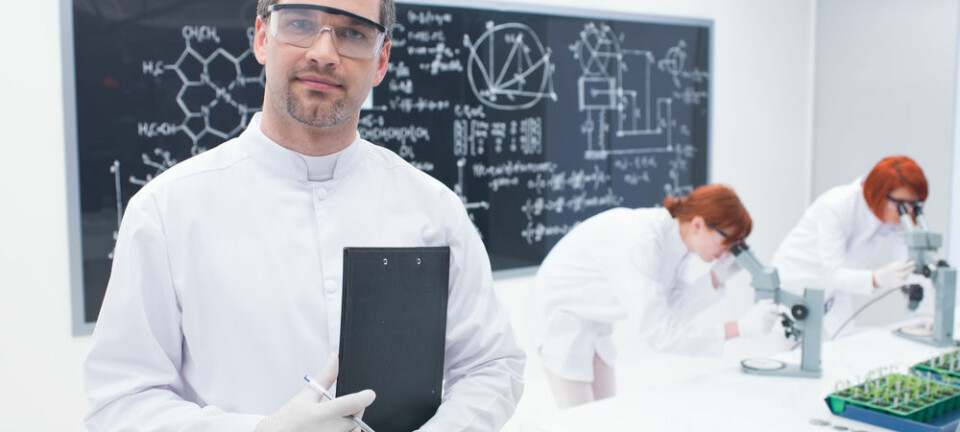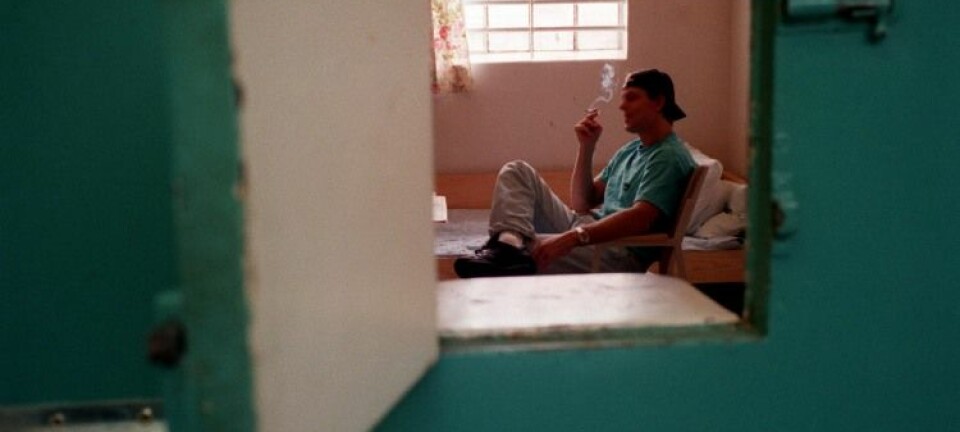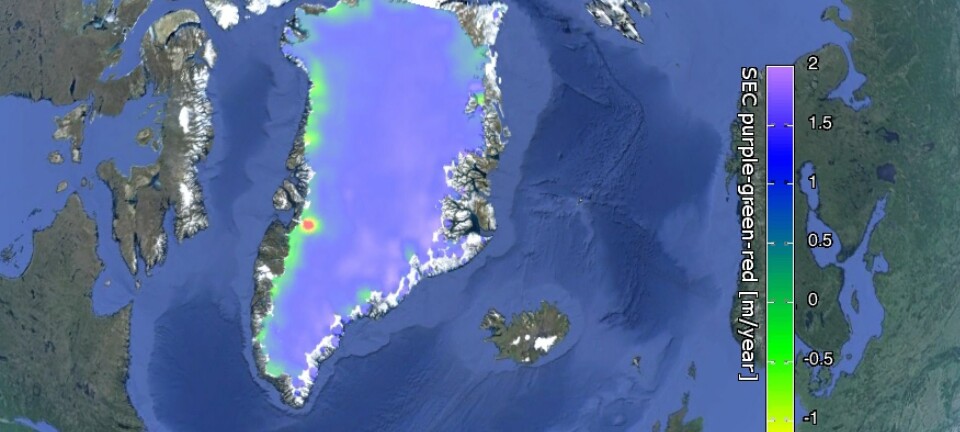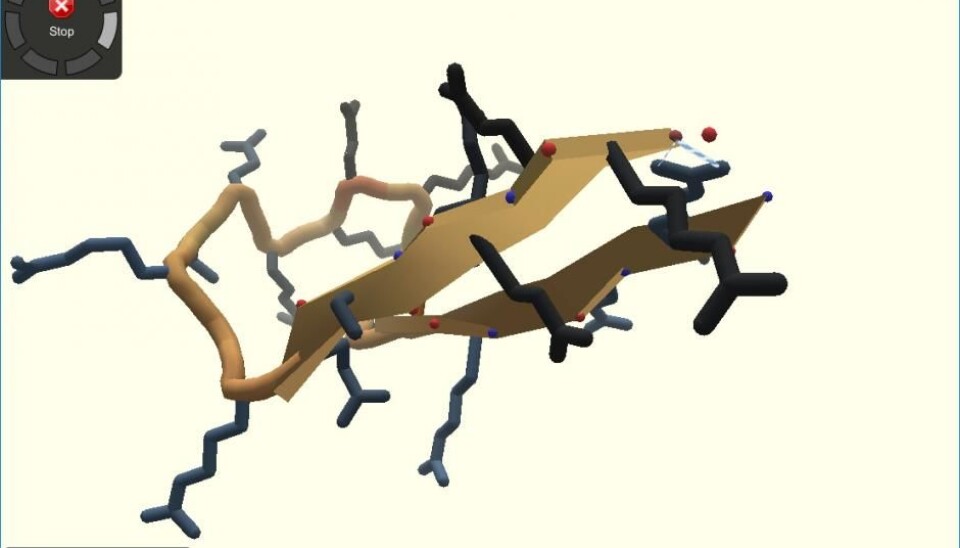
Try these citizen science projects and help health researchers
Take part in one of these citizen science projects and help to develop new medicines, cure rare diseases, or find out how we age.
It is difficult to imagine a world without medicine and luckily many diseases today can be treated.
Scientists work hard to develop new treatments and test their effectiveness in large trials.
Other scientists are interested in how we diagnose diseases so that the process can be sped up and treatments started sooner.
If you would like to help these scientists, then you can. And fear not, you do not need to sign up as a trial participant—instead you can help from your sofa.
Finding sea monsters helps dementia research
In fact you can do it by playing a game. As a skipper in Sea Hero Quest, which is available on Android and iPhone/iPad, you sail around in perilous waters on the hunt for sea monsters. It looks like a normal cell phone game, but as you play you help collect data for research into dementia.
The game collects data on the player’s memory, sense of direction, and navigational ability. The game could be developed into a diagnostic tool to identify the onset of dementia.
The first scientific results from the project were released in 2016. The scientists could see how our ability to navigate around the landscape became poorer with age, and that men and women navigate differently.
They also saw a difference between countries—young Norwegian men had the best navigation skills, wrote New Scientist.
Can you guess the age?
Scientists from the University of Southern Denmark have developed a project called AgeGuess, where you simply guess the age of the person in the photo.
“In many citizen science projects, you just need to identify what’s in the picture—which animal or which galaxy you see. That’s fine, but we wanted to develop something more interactive,” says lecturer Uli Steiner who is one of the scientists behind the AgeGuess game.
“In AgeGuess you can both guess the people’s age and upload your own picture for people to guess [your age], and you have access to data on your own photos. This makes it more interesting to take part,” says Steiner.
So far, 3,750 participants have uploaded around 5,000 photos. The first 200,000 guesses have been registered.
How do we age?
“There’s often a difference between how old you are and how old you appear—the chronological and the biological age. We’re interested in the biological background for this difference. We don’t know much about ageing and how ageing changes through time, so we hope to learn more about it through AgeGuess,” says Steiner.
So far they have discovered that it’s easier to guess a man’s age than a woman’s, which does not surprise Steiner as women use cosmetics more often, and change their hair colour or have cosmetic surgery to hide their actual age.
“Moreover our data show that we are equally good at guessing the age of people from other age groups as our peers. This is perhaps more surprising,” he says
Users find new questions for scientists
Scientists continue to collect the data and perhaps the project can help to reveal why we live longer and healthier in the long term.
There are also many other things that can emerge from the dataset, and here users can also help, says Steiner.
“Both participants and other scientists have raised very good age-related questions that our project may help to answer. That way we get new ideas. And we make all of our data available to all of those who are interested,” he says.
--------------------
Read more in the Danish version of this story on Videnskab.dk
Translated by: Catherine Jex
